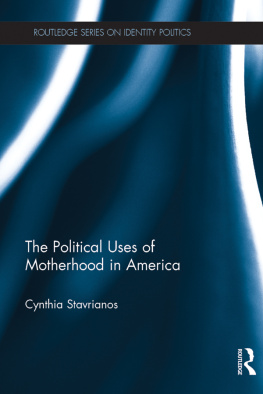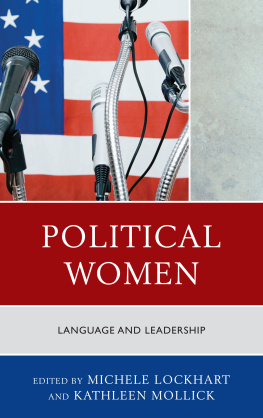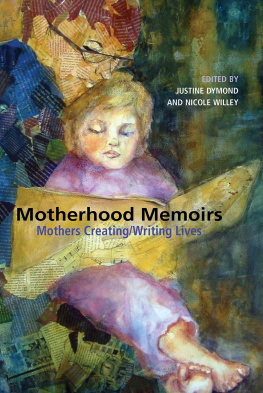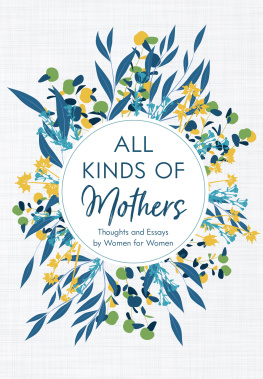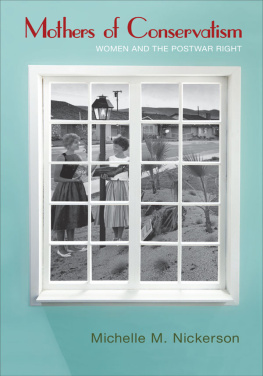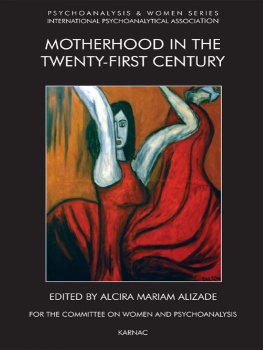The Political Uses of Motherhood in America
As various contemporary groups use the language of motherhood to advance their political causes, maternal rhetoric has become very visible in the American political discourse of late. Yet while it has long been recognized that women have invoked their political status as mothers to organize and authorize their political action in the past, scholars have only just begun to examine the recent reemergence of this frame. This book describes the wide variety of political causes that mothers are organizing to address, and analyzes whether ideologically conservative organizations are disproportionately represented among groups using motherhood to mobilize women. Stavrianos examines the use of maternal discourses in closer detail through a comparative case study of five groups using motherhood as their primary frame for collective political action: Mothers Against Drunk Driving, Million Mom March, Mothers in Charge, Mothers Against Illegal Aliens, and Mainstreet Moms Organize or Bust.
Scholars interested in women and politics, interest group politics, social movements, political behavior, womens studies, motherhood studies, and framing strategies will find this book noteworthy, as it adds to a growing body of literature exploring the use of motherhood as an emerging political frame, and to the interdisciplinary discussion of contemporary discourses of motherhood.
Cynthia Stavrianos is an assistant professor of political science at Gonzaga University. Previously, Dr. Stavrianos taught Womens Studies at the University of California, Santa Barbara, and Political Science at Northern Arizona University. She teaches courses in American politics, women and politics, urban politics, and race and ethnic politics. Her research interests include motherhood as a frame for political action and ridicule as a response to womens political action.
Routledge Series on Identity Politics
Series Editor: Alvin B. Tillery, Jr.
Rutgers University
Group identities have been an important part of political life in America since the founding of the republic. For most of this long history, the central challenge for activists, politicians, and scholars concerned with the quality of U.S. democracy was the struggle to bring the treatment of ethnic and racial minorities and women in line with the creedal values spelled out in the nations charters of freedom. In the midst of many positive changes, however, glaring inequalities between groups persist. Indeed, ethnic and racial minorities remain far more likely to be undereducated, unemployed, and incarcerated than their counterparts who identify as white. Similarly, both violence and workplace discrimination against women remain rampant in U.S. society. The Routledge series on identity politics features works that seek to understand the tension between the great strides our society has made in promoting equality between groups and the residual effects of the ascriptive hierarchies in which the old order was rooted.
Black Politics Today
The Era of Socioeconomic Transition
Theodore J. Davis Jr.
Jim Crow Citizenship
Liberalism and the Southern Defense of Racial Hierarchy
Marek Steedman
The Politics of Race in Latino Communities
Walking the Color Line
Atiya Kai Stokes-Brown
Conservatism in the Black Community
To the Right and Misunderstood
Angela K. Lewis
The Post-Racial Society is Here
Recognition, Critics and the Nation State
Wilbur C. Rich
Race and the Politics of the Exception
Equality, Sovereignty, and American Democracy
Utz McKnight
Barack Obama and the Myth of a Post-Racial America
Edited by Kevern Verney, Mark Ledwidge, and Inderjeet Parmar
American Identity in the Age of Obama
Edited by Amlcar Antonio Barreto and Richard L. OBryant
New Body Politics: Narrating Arab and Black Identity in the Contemporary United States
Ther A. Pickens
American Exceptionalism and the Remains of Race
Edmund Fong
The Political Uses of Motherhood in America
Cynthia Stavrianos

